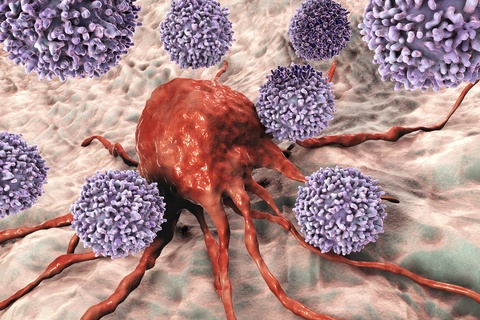“Remodeling” Mesothelioma Cells May Improve Responsiveness to Immunotherapy
Italian researchers are experimenting with the idea of remodeling mesothelioma cells from the inside out to improve their responsiveness to immunotherapy. Malignant mesothelioma is highly resistant to standard cancer treatments. Immunotherapy is widely considered to be one of the most hopeful new approaches to this cancer. But this approach works better for some people than it does for others. The difference may lie in the genes. Scientists at University Hospital of Siena believe that manipulating the gene expression of mesothelioma cells could be the key to bolstering responsiveness to immunotherapy. Mesothelioma, Genetics, and Responsiveness to Immunotherapy Immunotherapy is a method of treating disease by using the body’s natural immune response. This can mean trying to attract more immune cells to…

